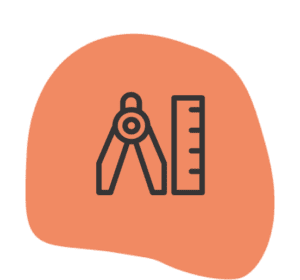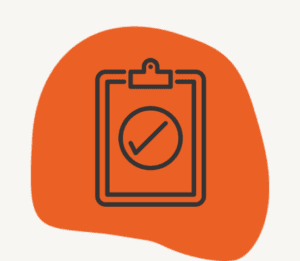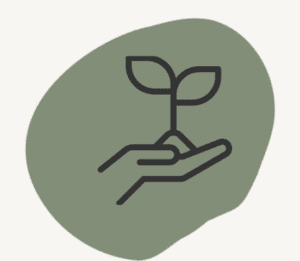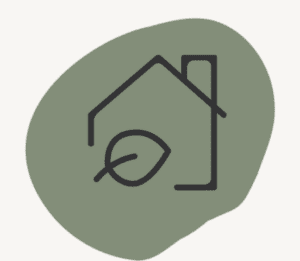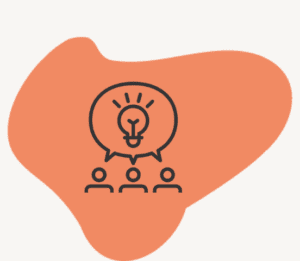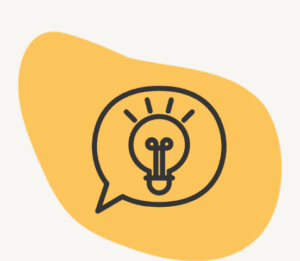The UN’s SDG Summit 2023 takes place across September 18th and 19th in New York so there’s never been a better time to shine a spotlight on this ‘urgent call for action by all countries – developed and developing – in a global partnership’.
Below we hear from isla members and other UK organisations as they answer What pearl of wisdom would you offer others hoping to work with the UN SDGs?
1. Haymarket
isla members and TRACE users Haymarket Media Group are a global media, data, information company responsible for leading titles including Campaign Magazine and awards such as the Campaign Ad Net Zero Awards.
When we started working to revamp Haymarket’s entire ESG framework under Impact about a year ago, it was important to unify our sustainability ambitions, goals and targets on a global scale. Aligning with the UN SDGs gave us direction and clear objectives.
Our leadership team around the world worked hard to identify which of the 17 SDGs made the most sense to Haymarket right now, rather than risk spreading ourselves too thinly. We based this on where we could affect genuine, meaningful change, the needs of our employees and external audiences, and action already underway. For example, reducing our environmental impact is crucial to us, so Climate Action (SDG 13), was a clear choice, with recent achievements including ISO 20121 certification in the UK and working with isla to make our live events portfolio truly sustainable.
For others wanting to align with the UN SDGs, spend time thinking about which Goals make the most sense to your business right now, and set short and long-term goals against these that are ambitious, realistic and effective.
– Kevin Costello, Global Chief Executive, Haymarket
2. The Bike Project
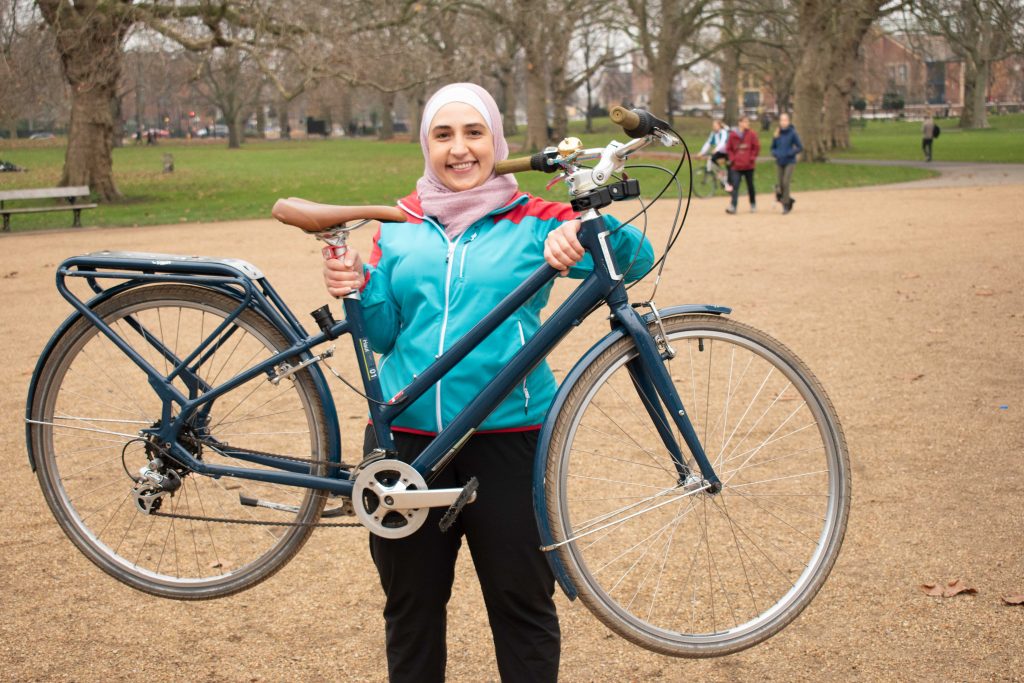
The Bike Project are a UK-based charity that refurbishes secondhand bikes and donates them to refugees and people seeking asylum. Their efforts align with SDG 5 – Gender Equality, SDG 10 – Reduced Inequalities and SDG 13 – Climate Action, amongst others. Their hero projects include the Pedal Power Programme, which has helped 670 refugee women (2013 -2022) start cycling to date. They estimate that each bike overhauled by the charity saves around 100kg of CO2 emissions compared to manufacturing a new one!
Taking the time to consider how your work aligns and contributes to the UN SDGs is a really useful exercise. For us, it has been motivating to see that we are contributing to positive global change through the work we are doing here in the UK and across a number of the goals. We’d suggest taking the time to think deeply about the long-term outcomes of your work – at first glance to think you might just be contributing to one SDG, but the reality is that you are probably contributing to several and this is really useful to reflect on in planning and to talk about with others.
– Lizzie Kenyon, Chief Executive at The Bike Project
How can you support The Bike Project? Bike donations, financial gifts, fundraising, volunteering, corporate partnerships and much more. Visit thebikeproject.co.uk for more details.
3. Aspect
isla members Aspect Communications provide a host of services including advisory, content and production to support the delivery of virtual, live and hybrid events for a wide-ranging client base.
Introducing the UN SDGs into a business from a strategic and operational point of view can feel overwhelming. There’s so much to do and so little time in which to do it, and meeting sustainability objectives obviously has to be balanced with other business priorities. But our advice is to just get started. The goals don’t all have to be met overnight but there are measures we can put in place to move the dial a little bit every time. Add sustainability as an action point on every project plan and gradually this will help it to move up the agenda.
Regarding UN SDG 13 – Climate Action. ‘Take urgent action to combat climate change and its impact’ we’ve started right at the beginning – by looking at our definition of sustainability and setting clear sustainability objectives which align with ‘what we need’. Such as aiming to be net zero by 2050.
The other thing to remember is that we’re all in it together, working towards the same goals – so collaboration and partnership are key.
– Lauren Stanislas, Sustainability Manager, Aspect
4. FoodCycle
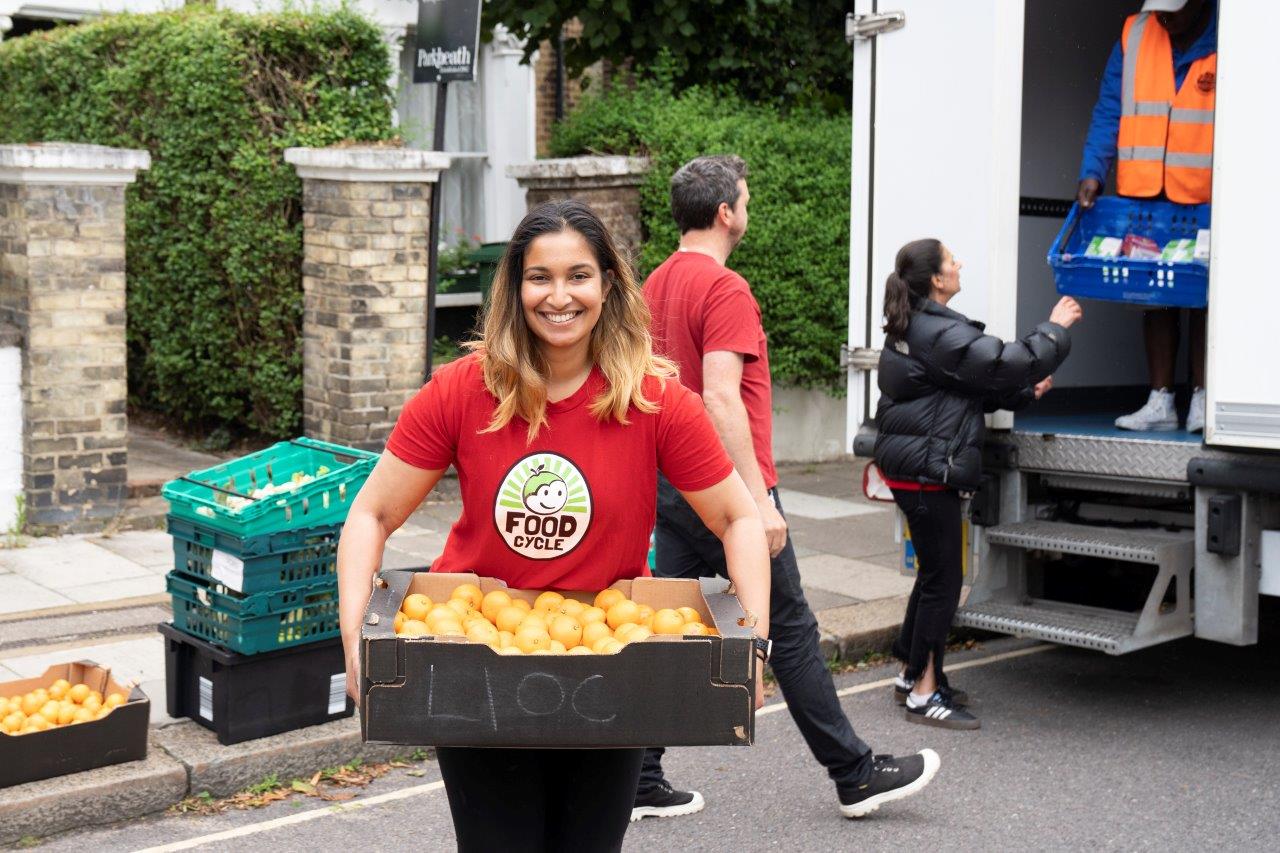
UK-based food charity FoodCycle connects communities by bringing people together to share food and conversation. Each week thousands of volunteers across the country transform surplus food into healthy, delicious meals. Their efforts align with SDG 2 – Zero Hunger, SDG 3 – Good health and Wellbeing and SDG 13 – Climate Action, amongst others. Last year the charity saved 209 tonnes of food from going to waste and a survey of guests attending their hubs found that 81% said they eat more fruit and vegetables after coming to FoodCycle meals while 87% said coming to FoodCycle meals made them feel more connected to their community.
Working with UN SDGs is an excellent metric to measure the work your organisation does, we at FoodCycle are all about community, nourishing people, promoting sustainability and making tangible impacts. The UN SDGs allows us to measure how we stack up globally along with our other counterparts and is a clear focus for us to head towards. This recognised standard acknowledges everyone plays a part in moving things forward in a positive way. We loved how joined up and interconnected each of the goals are which allows flexibility for our aims and focus as a charity to fit within these sustainable solutions, and know that our supporters – volunteers and funders enjoy the clarity and focus these goals bring to our mission as a charity.
– Sophie Tebbetts, Head of Programmes, FoodCycle
How can you support FoodCycle? Volunteering (in-person and virtual opportunities available), food donations (surplus particularly welcome from businesses), fundraising and much more. Visit foodcycle.org.uk for more details.
6. Engineers without Borders UK
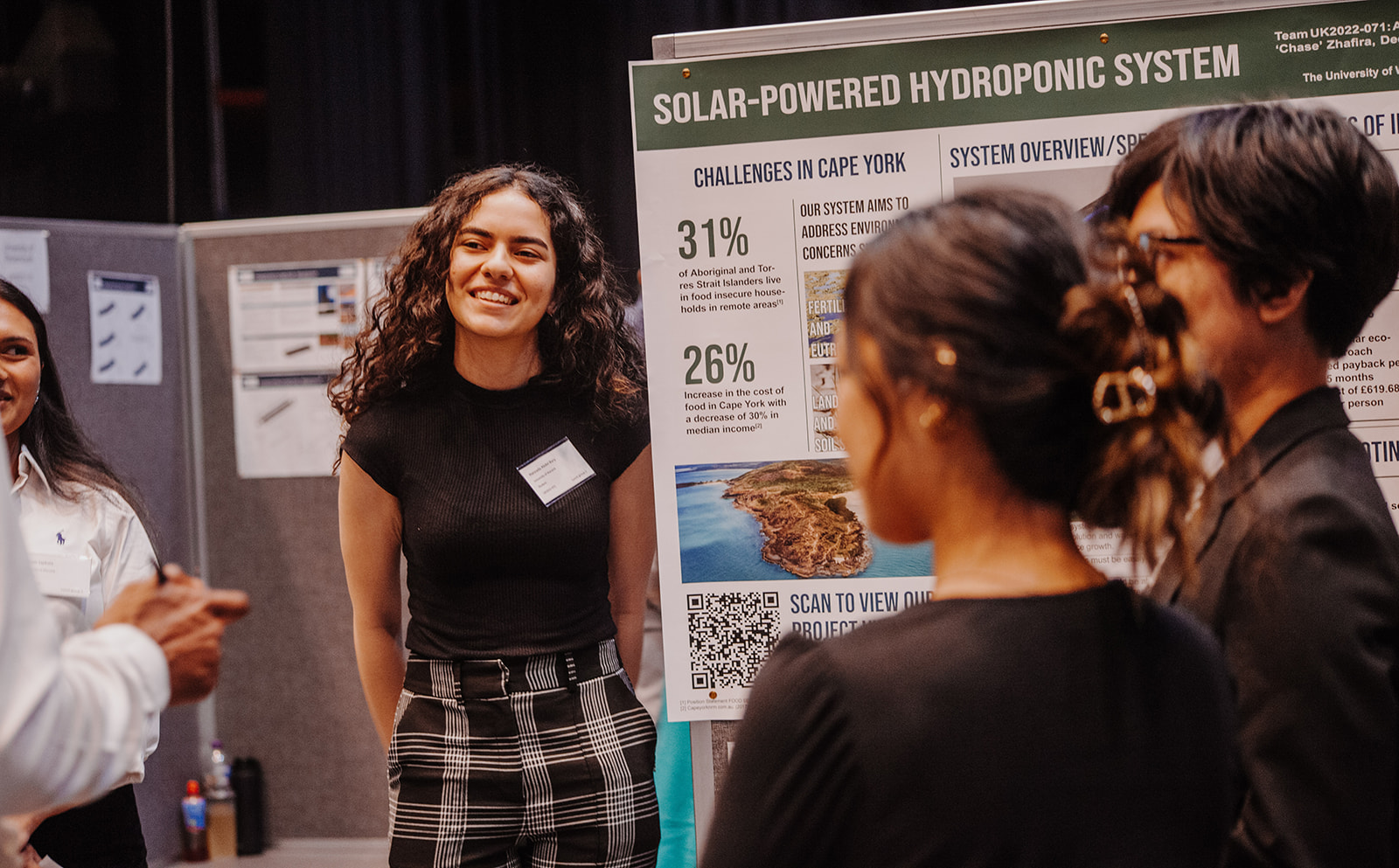
UK-based charity Engineers Without Borders UK is part of a global movement working to inspire, up skill and drive change in the engineering community, putting global responsibility at the heart of the sector. Their efforts align with SDG4 – Quality Education, SDG 7 – Affordable and Clean Energy, SDG 8 – Decent Work and Economic Growth, SDG 9 – Industry, Innovation and Infrastructure SDG 11 – Sustainable Cities and Communities, SDG 12 – Responsible Production and Consumption and SDG 13 – Climate Action, amongst others. Their hero projects include the Engineering for People Design Challenge, a flagship programme for engineering students that brings to life real-world design challenges.
Engineers will play a pivotal role in the realisation of the Sustainable Development Goals. As a sector, engineering shapes the world in which we all live, offering solutions to the world’s greatest challenges and producing many of the technologies, products and systems that have advanced society to where we are today. At the same time, engineering companies contribute to the majority of humankind’s impact on climate change whilst driving social inequalities.
To ensure humanity and the planet thrive, we need engineering professionals to understand, think and feel differently about the social and environmental challenges we face so that they can take action more effectively. On an organisational level, this means reflecting on the existing competencies within teams and providing opportunities for team members to develop the knowledge, skills and mindsets required to deliver on the Sustainable Development Goals.
– John Kraus, CEO, Engineers without Borders UK
How can you support Engineers without Borders UK? Volunteering, fundraising and donations, corporate partnerships and more. Visit ewb-uk.org for more details.
Visit sdgs.un.org/goals for more information on the UN SDGs.
Our latest news






